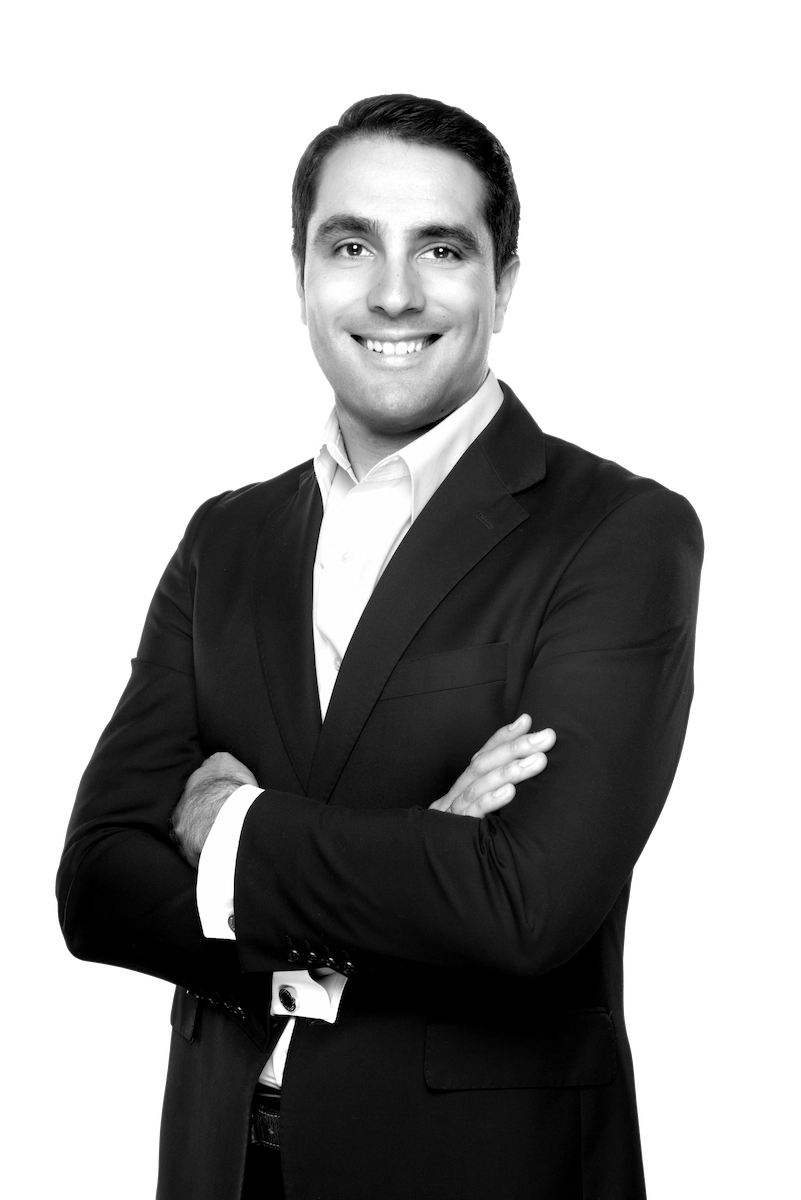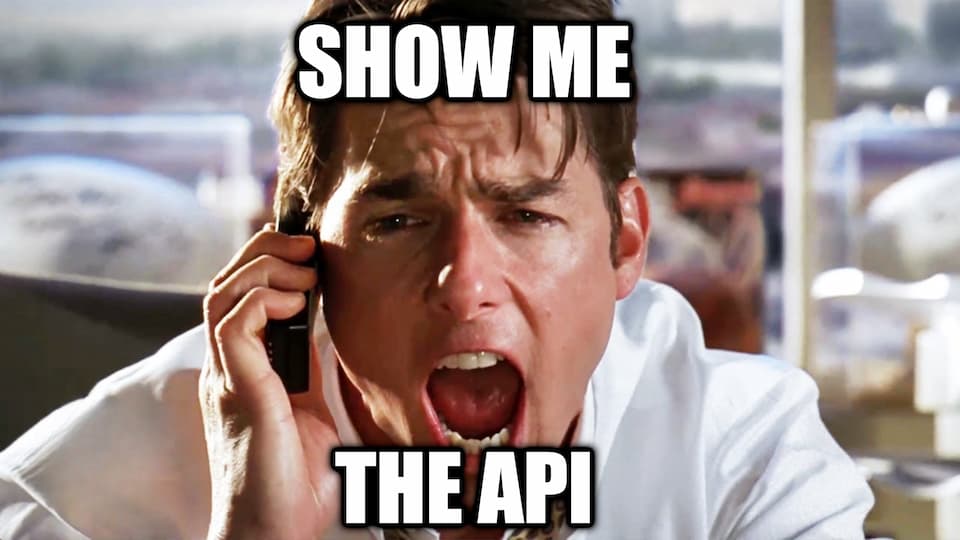 Will I get to the diamonds someday?
Will I get to the diamonds someday?
My Entrepreneurship Adventures
I have always dreamed of making money independently. How wonderful it is to have your own product or service, offering value to happy customers while enjoying the freedom to make your own decisions, not answering to anyone, and working at your own pace.
I have tried various entrepreneurial ventures, resulting in a career that mixes full-time employment with full-time entrepreneurship and various hybrid approaches, pushing micro-side businesses in my free time.
The results have been modest, to put it optimistically. No big business, no million-dollar exits, no appearances on Forbes’ 40 Under 40 list. Although there have been sales, traction, and promising developments, the lessons learned have been invaluable. They have provided perspective and have been extremely helpful, especially later when working closely with other entrepreneurs, CEOs, and founders in startups as an employee.
Why have these ventures yielded only modest results? I would attribute it to my tendency to get bored quickly, whether upon seeing some success or when hitting a significant obstacle. When that happens, I often give up. Additionally, I think that I have had bad luck with partners who did not support me during tough times.
A valuable lesson from my friend and successful entrepreneur, Puneet Jaggi, told me once, is that to succeed in entrepreneurship, you must persist, especially during difficult moments. You need to keep the light on no matter what, as the good times will naturally return. The key is staying in the game.
Another error might be not having enough skin in the game. It’s relatively easy for me to work for someone else and provide good value, which most employers appreciate. Then I get lazy because working for someone else is a thousand times more comfortable and easy than the crazy world of entrepreneurship.
You also need to believe in your idea to the extent that you are confident you will make your investors rich.
Finally, I have tried to bootstrap all my ventures. Seeking investment is a necessity in many situations. While there are successful companies or solo entrepreneurs who make it big without external funding (like Flappy Bird, Wordle or Peter Levels), they often possess an innate sense for achieving market fit plus some luck. It is crucial because if you are competing with others who have investments, they have more resources than you, putting you at a disadvantage. Moreover, you need personal financial stability (a stable salary) to make sound or risky decisions without jeopardizing your personal or family stability and leaving it out of the balance.
You also need to believe in your idea to the extent that you are confident you will make your investors rich. If you do not feel that way, then you do not truly believe in your idea and yourself, or you might feel like you are scamming naive investors or early family supporters.
What Have I Tried So Far?
DCM Ingenieros
Right after graduating, I started a consulting and engineering firm with two college friends. We offered engineering services to practice what we had learned in school. DCM Ingenieros (David, Cesar, and Miguel) created a simple webpage and placed some free ads. Surprisingly, we got our first client, designing mechanical parts in AutoCAD and some physical products with electronics (those parts ended up being on a research particle accelerator!). However, only two of the three partners actually work, and later I was left alone when the other pursued his career as a civil servant. I gave up a few months later and moved to the US.
LifexpandUSA
In the US, after some years, I tried a consultancy for people wanting to move to the US, offering relocation and HR services. I did this with my partner and later wife. We conducted around a hundred consultations, which helped pay for our wedding in Hawaii. Although not scalable, it led to a book we published later, “We No Speak Americano”, which is still available on Amazon and has sold around 500 copies, which helped with our home downpayment.
Gentech Analytics
Just before moving back to Spain, I got involved in a genetic testing business with my father-in-law. Mixing family and business was risky, but our partnership was initially successful. We conducted around 500 genetic tests in Spain, averaging 200 Euros per test. We even started talking to potential investors, but family disputes unrelated to the business led unfortunately to our split.
tailored:systems
Some years later, I made my most serious attempt. After years in the IoT and infrastructure market, I had a strong network and deep knowledge in the geotechnical monitoring niche. I planned to start a business distributing under-marketed technologies from other parts of the world. During the pandemic, I got laid off and decided it was the right time. With two other partners providing technical software knowledge and marketing, we founded Tailored: Systems. We imported, distributed, and provided IoT devices for monitoring purposes, generating over 150k Euros in the first year with a decent margin. Without external investment, all the money liabilities were against our personal money, which added stress to the decisions.
However, many devices failed prematurely, and failed badly, leading to client dissatisfaction and negative cash flow. I received 8:00 am calls from angry clients threatening lawsuits. This, combined with the post-pandemic depression and a mid-life crisis, led to severe anxiety and poor mental health. My partners did not help much, and I ended up doing almost everything myself (sales, support, marketing, fulfilling, delivering, invoicing, and almost accounting too). They were (as on other occasions) partners for the good, but not for the bad, being like passengers of a taxi (driven by me) ready to hop off if the destination was not wealthy enough.
I felt very alone and without support from my wife either. So I decided, helped by a therapist, to return to full-time employment for my mental health. I let the company slowly wind down, but honoring our remaining contracts.
Mobile Apps
Apart from that, I have tried my luck with web pages and mobile apps. These projects often serve as a way to relax my engineering problem-solving urges and learn new technologies. I have become a decent full-stack software developer, capable of creating back-end and front-end solutions and mobile apps shipped on the markets, with in-app purchases and ads. So far, I have developed:
- Energia.guru: A service for informing about the cheapest and most expensive hours for electricity in Spain. The most successful with 2000 users and 100 Euros MMR.
- Survey.ts: A form builder complementing IoT devices data streams with manual data gathering. Zero revenue. (Discontinued)
- People Counter: A digital tally counter with WebSockets. 500 users and 10 Euros total revenue.
- Zodiac Zone: A horoscope app using ChatGPT. 50 Euros total revenue.
- Funny Fortune Cookie: An entertainment app using ChatGPT. 30 Euros total revenue.
The market for Mobile Apps, web apps and B2C is absolutely brutal, and the chances to success are very low in general, but still, there is hope.
In any case, these software programming skills have greatly enhanced my roles as sales director for B2B SaaS companies. Understanding how the products I sell work, gives me authority with prospects and also with the CTOs and technical people within the company, helping to influence over the roadmap, resulting in better sales overall.
Conclusion
Entrepreneurship is like a powerful drug. After some years of rehabilitation, a part of me is always tempted to try something new, bold, and risky again. It’s part of my human nature, driven by FOMO, YOLO, ego, and a pinch of not knowing myself well.
Are you a founder or an entrepreneur struggling with sales strategy or product market fit in the Software space?Follow me for more strategies that could steer your venture towards sustained growth.




